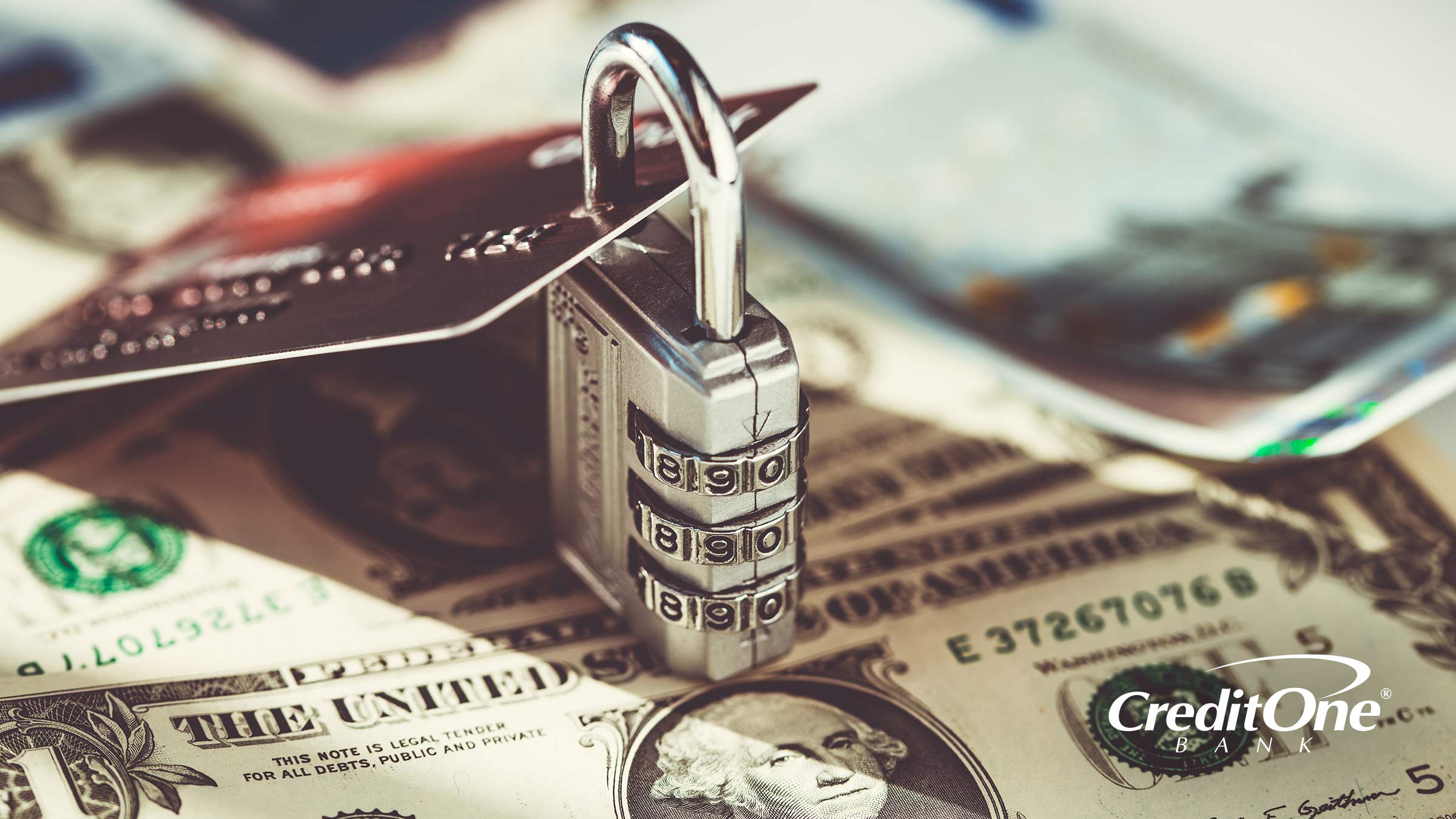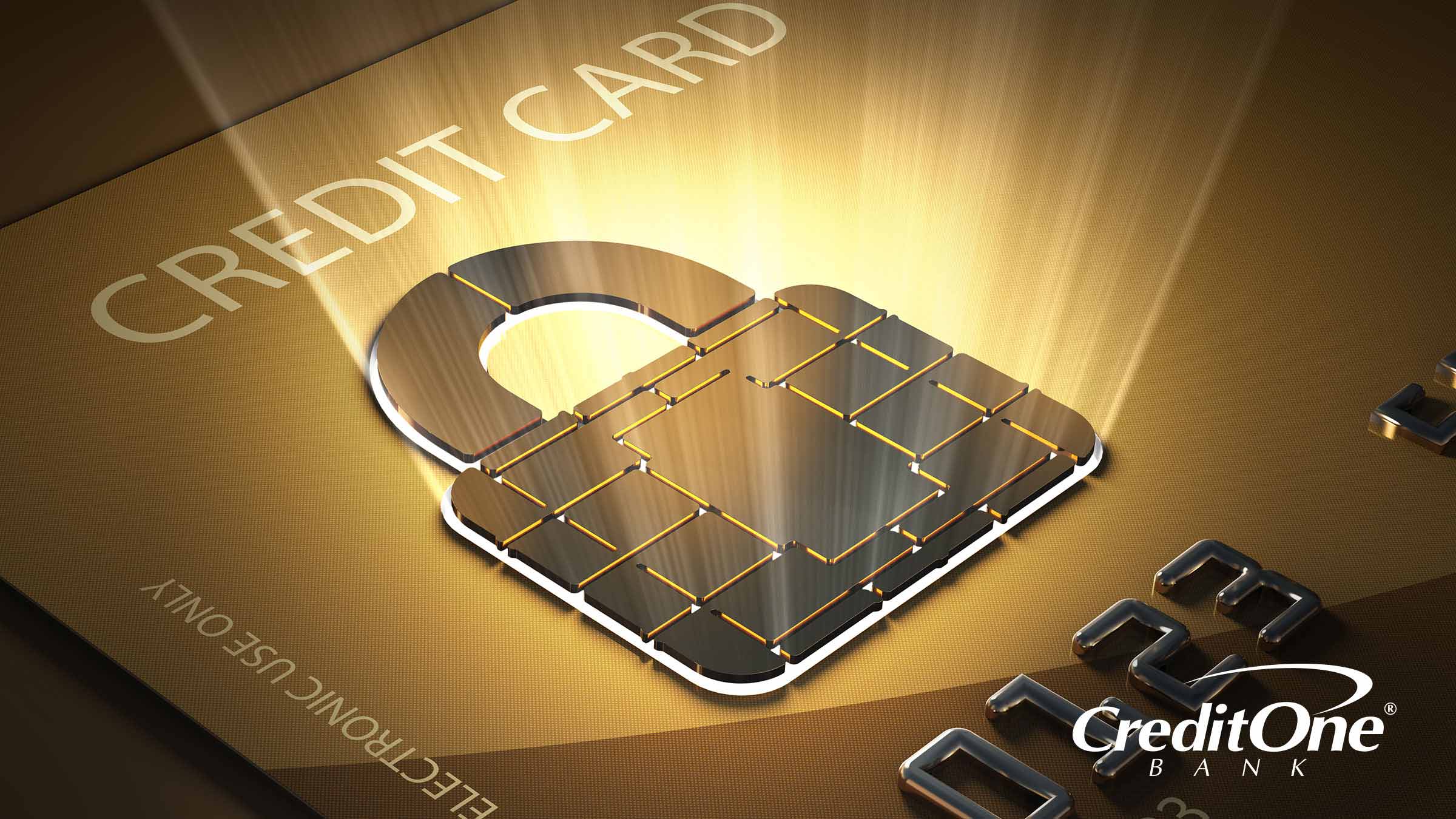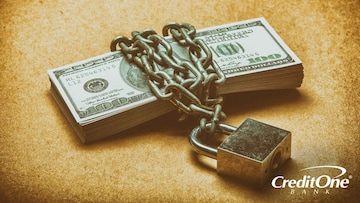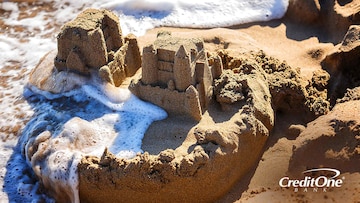January 07, 2022

According to the Consumer Financial Protection Bureau, 26 million American adults have no credit report. Another 19 million have a credit report but no credit score because they don't have enough information in their file, or the information that's in it is too old to calculate a credit score.
Without a solid credit profile, it can be difficult to qualify for a loan or credit card because potential lenders are more likely to extend credit to people with a proven credit history than to those without.
The good news is that there are options available for people who can't qualify for unsecured (meaning no collateral required) credit because they have no credit history or are trying to rebuild or improve a less-than-impressive history. Secured credit cards and credit-builder loans are two options and are designed to help people establish a payment history and build their credit, even if they don't have much experience using credit or have had difficulty managing credit in the past.
Let's take a look at how each one works to help you decide which—if any—might be a good option for you to consider.
Secured Credit Cards and How They Work
Unlike unsecured cards that can rely heavily on your credit history during the application process, many companies don't even check your credit reports when you apply for a secured credit card. Instead, they look at other factors, including but not limited to your income and the amount of debt you have, to help them better determine if you’re likely to pay your credit card bill each month.
If you're approved for a secured card, you’re typically required to make a refundable security deposit to open your account. The deposit serves as collateral for the account, and if you don't pay your outstanding balance, the card issuer then has the right to close your account and help recoup any losses by deducting what you owe them from the security deposit.
The amount of the deposit varies based on the card issuer and other factors, but it is typical for it to be equal to the secured card's credit limit. If you demonstrate responsible credit usage by making your payments on time, some card issuers may opt to increase your credit limit without requiring you to make an additional deposit.
Many secured credit cards also charge an annual fee, which you'll pay in addition to the security deposit. A secured credit card works similar to an unsecured credit card in that you can use it to make purchases up to the card's credit limit. Then, at the end of each billing cycle, you'll receive a billing statement that shows your total outstanding balance and the minimum amount due. You must make at least the minimum payment by the payment due date each month to keep your account in good standing. If you don't, the lender may opt to close your account and recoup the amount you owe to them from your security deposit. Just like unsecured credit cards, secured cards typically report your account activity to one or all three of the major consumer credit reporting agencies.
So, if your whole reason for opening a secured credit card is to build a positive credit history, then neglecting to make payments on time and having your account reported as past due defeats the reason for getting a secured card. That’s why it’s critical to make secured card payments on time, every time.
As long as you make your payments on time and keep your account in good standing, you can continue using your card to make purchases month after month for as long as the account is open. If you decide you no longer want the card, you can close your account at any time and, if it's in good standing, the card issuer typically refunds your deposit.
Some card issuers may even review your account after several months and offer you an unsecured card if you've consistently made payments on time. Or, if you’ve built a positive credit history by making consistent, on-time payments, you can apply for unsecured credit cards with other card issuers, knowing your newly built credit history with the secured card may improve your odds of being approved.
Credit-Builder Loans and How They Work
When you get a traditional installment loan, the lender gives you a lump sum of money up front, and you pay it back, with interest, over the life of the loan. But, with a credit-builder loan, you don't receive the money up front. Instead, the lender sets aside a small loan amount—usually $300 to $1,000—in an account that they control.
You then make monthly principal and interest payments over a designated period of time—typically 6 to 24 months—on the loan. Once you've paid the entire loan amount, the lender releases the funds, and you can use the money however you wish.
While you can avoid interest charges with a secured credit card by paying your balance in full each month if the card has a grace period, interest will be added to each of your monthly loan payments with a credit-builder loan. Interest rates vary by lender, and the longer your loan term is, the more total interest you'll pay on the loan. You may also have to pay an origination or account-opening fee if you're approved for a loan.
Since you’re essentially borrowing your own money, the whole point of a credit-builder loan is to build a credit history, only you’re making payments on installment credit instead of revolving credit. The lender should report your account activity to one or all three of the credit bureaus. So, again, it’s important to make every payment for a credit-builder loan on time because late or missed payments could negate your efforts to build a positive payment history.
How Do Secured Credit Cards and Credit-Builder Loans Affect Credit?
As mentioned, the main purpose of both of these credit-building options is to build a positive credit history. Your payment history is the most important factor used in credit scoring models. No matter which product you choose, it bears repeating: If you’re looking to build a positive credit history, it's critical to make your payments on time, every time.
If you opt for a secured credit card, the account may impact more than just your payment history. It may also affect your credit utilization ratio, which is the total amount of revolving credit you're using compared to how much total credit you have available. Some experts recommend keeping this ratio below 30%. If it gets too high, your credit score could drop.
Secured credit cards typically have lower credit limits than unsecured cards. So, it's especially important to keep an eye on your balance to prevent your credit utilization from getting too high. If your balance gets too close to the limit, you may want to consider making a payment before your billing cycle ends to reduce your credit utilization rate.
So, Which Is Better—a Secured Credit Card or Credit-Builder Loan?
Either product could help you to establish a solid credit history, which could help you to get additional credit in the future. But the product that fits you best really depends on how you plan to use it and how much money you have to contribute up front.
If you're looking for the flexibility a revolving credit account provides, and you have enough cash on hand to make the required security deposit, then a secured credit card is probably your best option. If you don't have enough money for the deposit but you still want to build a credit history, then a credit-builder loan might be the better choice. No matter which option you go with, make this your mantra: Make your payments on time, every time.
Jennifer Brozic began her writing career at seven years old, when she scribed the epic tale of her kite-flying (and skyward-looking) uncle crossing paths with a deep hole in a sandy beach. After earning a degree in journalism, Jen worked in the insurance and financial services industries before earning a master’s degree in communication management. She left the nine-to-five corporate world in 2010 and has been freelance writing ever since. Her areas of expertise include insurance, financial planning & budgeting, and building credit.



